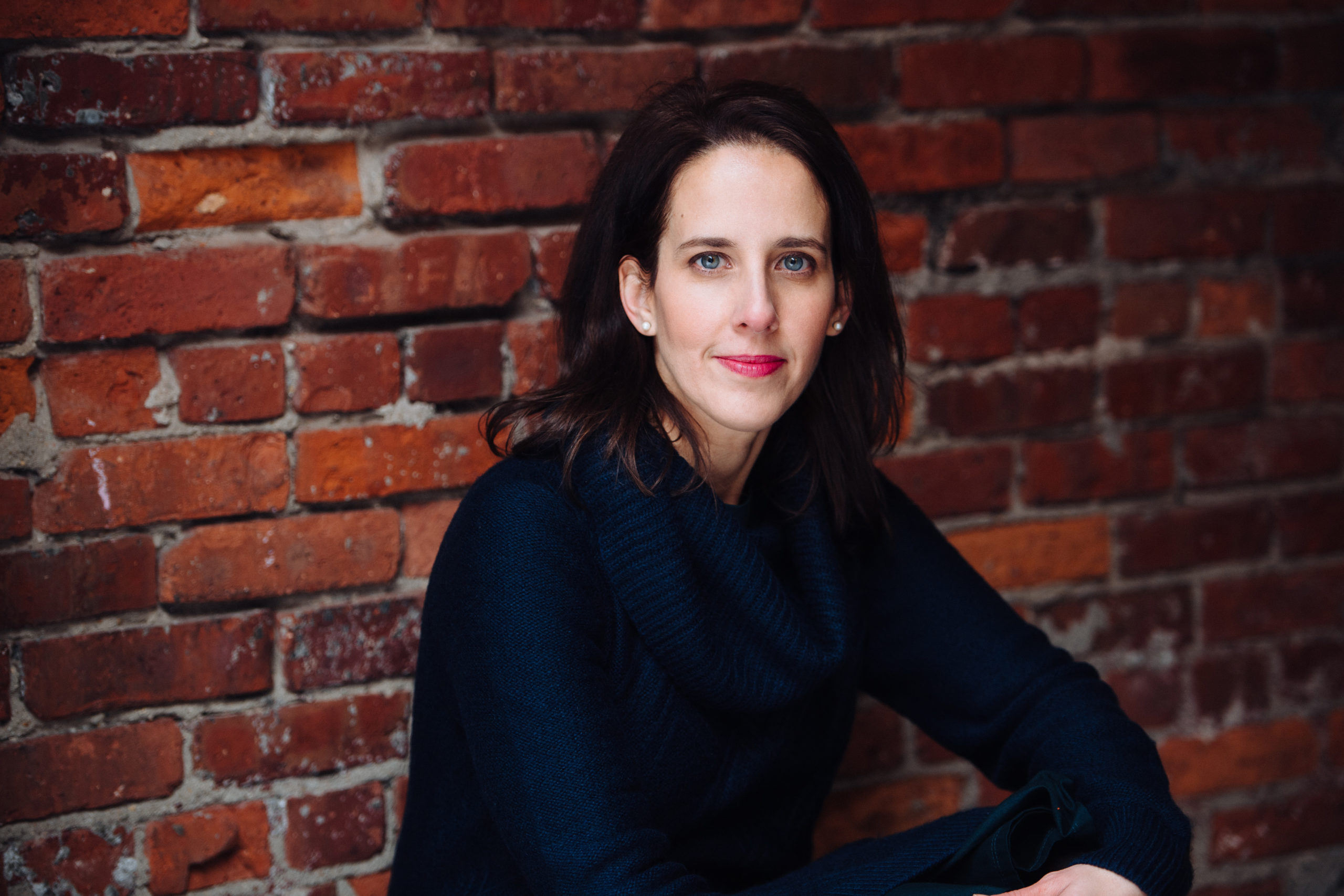
Sometimes a neighbor whom we have disliked a lifetime for his arrogance and conceit lets fall a single commonplace remark that shows us another side, another man, really; a man uncertain, and puzzled, and in the dark like ourselves. Willa Cather
“You think you’re shy? You hide behind being “shy” so you don’t have to contribute to the class discussion. Don’t tell me that you’re shy. That’s just arrogance.”
When I was getting my MFA, one of my writing teachers, Vivian Gornick, made this comment one day to no one in particular during our writing workshop. She certainly wasn’t one to mince words, and these in particular caught me off guard. While I had never considered myself “shy,” I certainly wasn’t the chattiest student. I subscribed to what I realize now was the Biblical notion of being quick to listen and slow to speak, and that being overly talkative suggested foolishness rather than intellect or knowledge. “Even a fool who keeps silent is considered wise; when he closes his lips, he is deemed intelligent,” says Proverbs 17 and many other verses like it. I had always listened attentively during classes and waited until I felt I had something of genuine merit to contribute. In fact, I remember one of my college professors writing in my letter of recommendation that because I spoke selectively, my peers seemed to respect what I said more. I valued that comment.
Surely I wasn’t arrogant just because I was thoughtful about when I responded or contributed to class discussions? But Vivian Gornick’s comment stayed with me because, as is often the case when words stay, there was truth to them. When I was silent, I wasn’t solely listening and reflecting on the conversations; I was subtly judging those who were speaking. I was also refusing to risk sounding foolish by speaking when I didn’t have something that I considered fairly brilliant to say. Yes, I was (and still am) arrogant. I’ve heard it said that writer’s block is really just that: a refusal to write poorly.
Other kinds of arrogance…
A few months ago, I met with a good friend for brunch, and we were talking about her recent decision to change churches and the ensuing “church shopping” that she and her family went through as a result. She confessed that she had been hesitant to commit to any one church because she wasn’t sure it was “right” or “good enough.” Later, she realized other people had committed and were participating in the life of the church and her lack of participation seemed arrogant, as though she considered herself above those other people.
Like my first example, a refusal to participate or commit to a community can also be a somewhat disguised form of arrogance. Staying on the outskirts, we keep ourselves from getting entangled. Our high standards keep us safe, but isolated. As a highly critical person myself, I know this well.
Finally, a third form of arrogance that has come to my attention does seemingly the opposite but with the same origin. Rather than hold back involvement, it becomes overburdened by the concerns of this world, and believes itself the solution. Like the first two forms, this kind of pride masquerades as virtue because it is a do-gooder, the “Elder brother” version of self-importance and egotism. Sometimes helping others is less about serving and more about being needed. Grown up giving means giving anonymously or with absolutely no expectation of return.
In Madeline L’Engle’s “A Ring of Endless Light,” one of the characters, Vicky, is discussing how she plans to help another character with her grandfather. “The thing is—he needs me,” she says. Her grandfather answers, “But there’s a kind of vanity in thinking you can nurse the world. There’s a kind of vanity in goodness.”
I think the reason what Ms. Gornick said has stayed with me all of these years is because of the way it surprised me and took something I had considered a virtue and showed its underbelly. It seems important to turn our supposed virtues inside out now and again and see the stitches on the underside. Not only will it help us to interact with the world in a more balanced way: neither disengaging or over-engaging, but it will also guide us in our own “becoming.” “An arrogant person considers himself perfect. This is the chief harm of arrogance. It interferes with a person’s main task in life – becoming a better person,” said Tolstoy. We shift from our differences to our commonalities when we remove ourselves from the outskirts, or the center, and walk among. When we acknowledge that we are all a bit “uncertain, and puzzled,” as Cather says, we have the hope of loving our neighbors as ourselves.





Great observations and self-reflection. I have been particularly troubled by the 3rd form of arrogance; you put it into words well. A few wonderful friends have gotten so deeply into saving the country from Trump, I feel it has slipped over the line into a savior complex… And I *know* they judge me for not being on the front lines of protest, phone-calling, etc. with them. I have to remind myself that it’s OK not to be THE ONE who will oust a loathsome politician. I have unfollowed some of these friends on Facebook because their obsession became exhausting for me. Ahh, these strange times!
The first one gives me pause. As a self proclaimed introvert and sometimes shy person, I can identify a tendency to have arguments with other people in my head in which I am always right =).
Same here.